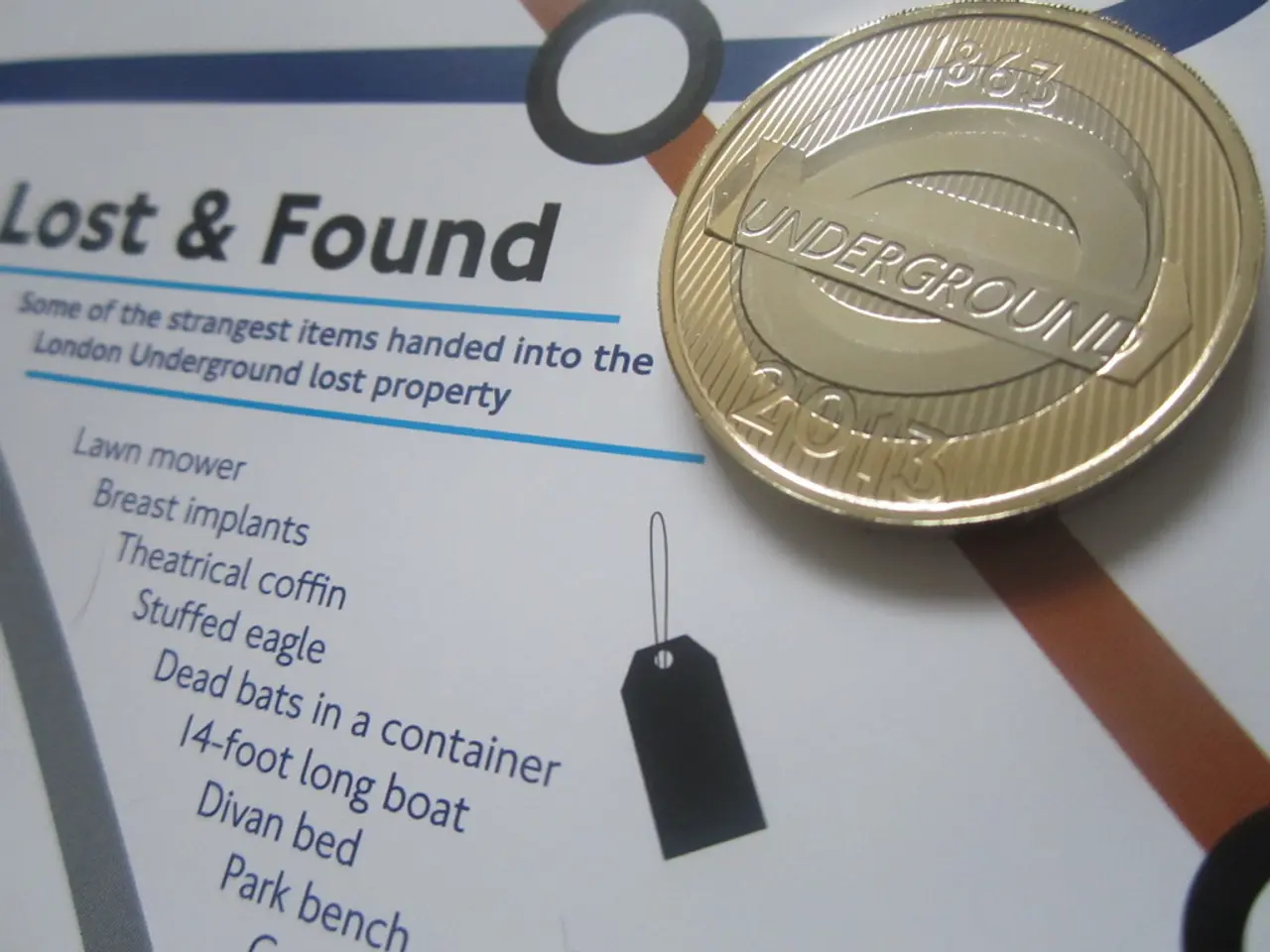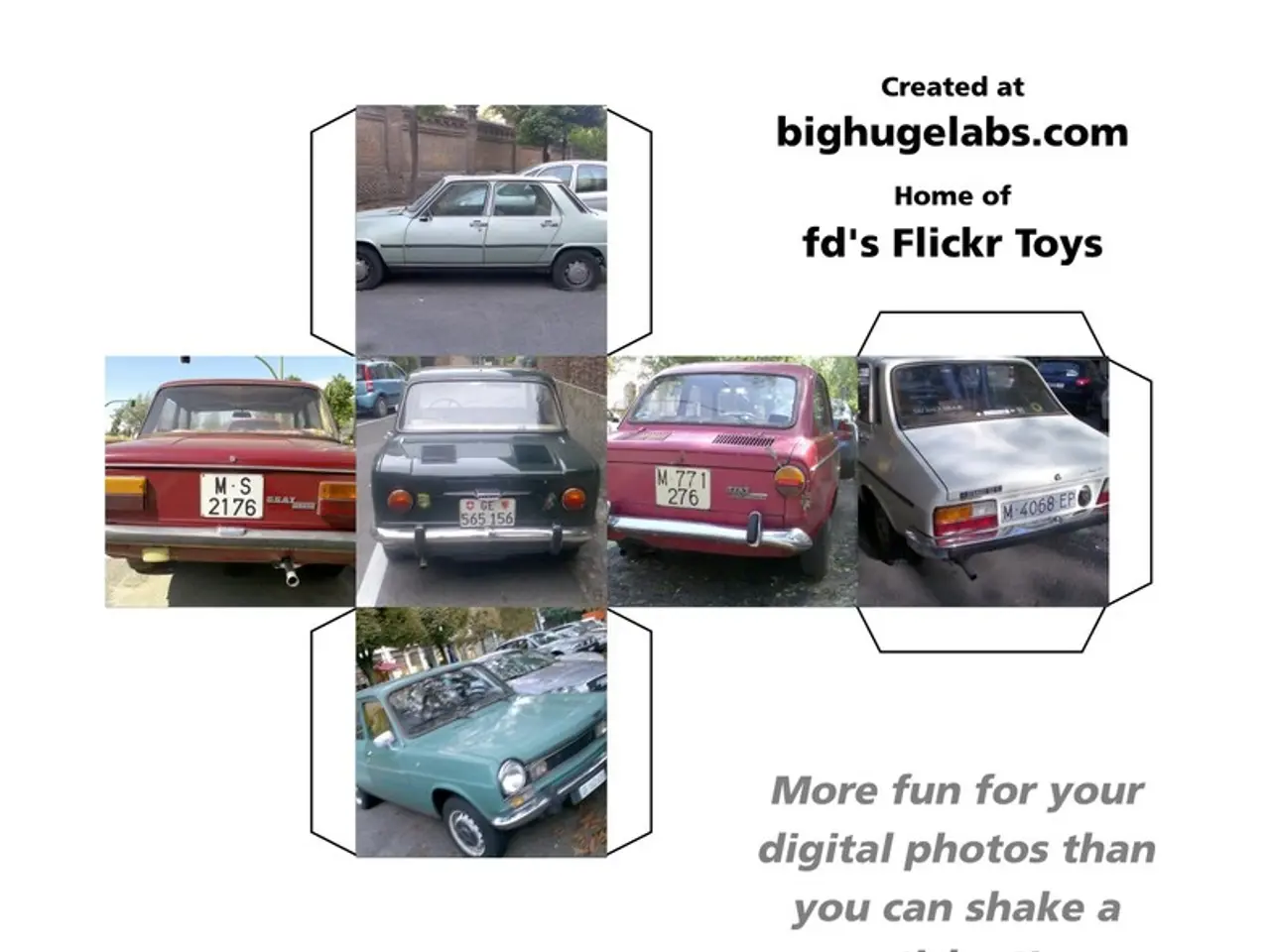Experimenting with Decentralized Digital Currency System Using Blockchain Technology in Brazil
================================================================================================
In the small municipality of Indiaroba, nestled in Brazil's northeast, an exciting pilot project is underway. The Aratu project is revolutionising community-based social currency systems by integrating blockchain technology and Chainlink infrastructure.
The primary aim of the Aratu project is to enhance the efficiency, transparency, and governance of social currencies, which have been operational for over three decades in more than 180 communities across Brazil. By digitally backing the local currency 1:1 with the Brazilian real, Aratu offers a modern, secure, and accountable means of exchange.
One key feature of Aratu is the recycling of transaction fees, ranging from 2% to 3%, back into community funds. These funds support local causes such as women's empowerment and foster economic development within the community. Women-led businesses, including marisqueiras (shellfish harvesters), are among the primary beneficiaries of this ecosystem in Brazil.
Leveraging Chainlink’s decentralized oracle framework, Aratu introduces on-chain transparency of transactions, ensuring accountability and trust within the community currency network while preserving core values of solidarity and inclusion inherent in Brazil’s traditional social currency model. The blockchain infrastructure enables real-time visibility and security, reducing reliance on centralized intermediaries and enhancing governance by creating immutable records of currency flow and fund allocation.
The success of Aratu extends beyond its current implementation. The project lays groundwork for future expansion into broader financial tools such as credit pools, microloans, and community-driven real estate financing, which can foster further financial inclusion, pending supportive legislative changes.
The potential future use of blockchain in Brazil's social currency systems includes these financial tools, which aim to improve accessibility and strengthen solidarity-based economic systems focused on inclusion and cooperation. However, the success of these advancements depends on forthcoming changes in the legislative environment to enable full-scale implementation.
In conclusion, the Aratu pilot project represents a strategic demonstration of how cutting-edge digital technology can be harmonized with existing grassroots economic frameworks to boost local economies through transparent, efficient, and community-centered social currency governance. As the project unfolds, it is anticipated to act as a model for how digital technologies can be integrated with traditional systems to meet evolving economic and social needs.
- The integration of blockchain technology and Chainlink infrastructure in the Aratu project signifies a significant step in combining finance, business, and technology to revolutionize community-based social currency systems.
- By enhancing the availability of financial tools such as credit pools, microloans, and community-driven real estate financing through the use of blockchain, the Aratu project aims to foster further financial inclusion and strengthen solidarity-based economic systems.




